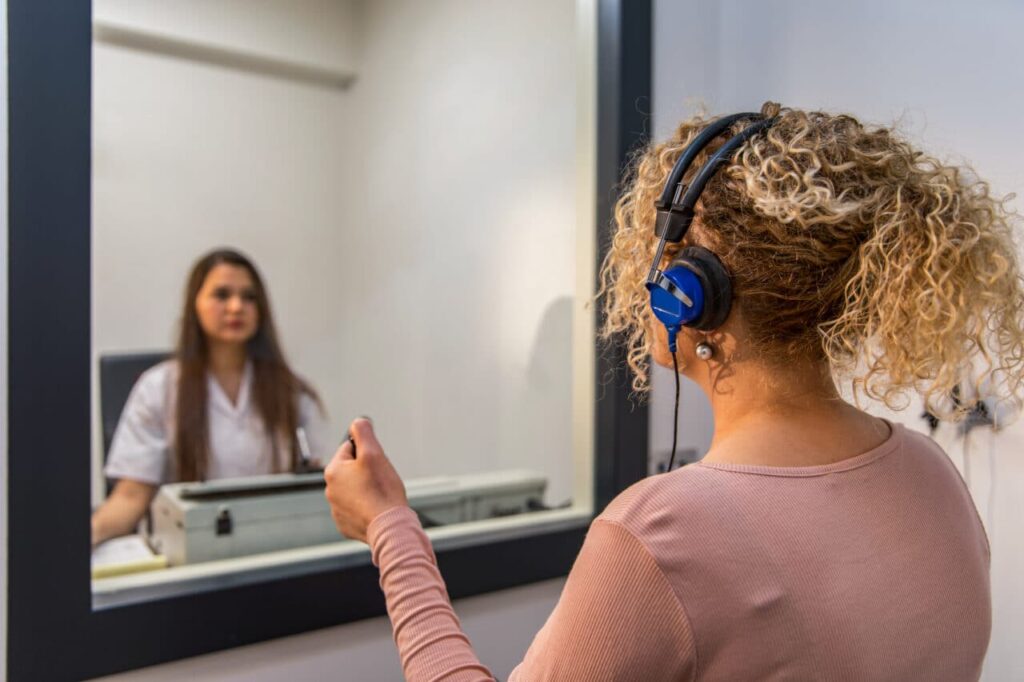Living with tinnitus can feel like having an uninvited guest in your head—a persistent ringing, buzzing, or hissing that just won’t quit. For the millions of Americans dealing with this condition, it’s not just an annoyance; it can mess with your sleep, focus, and even your mood. If you’re ready to talk to your doctor about it but aren’t sure where to start, you’re in the right place. This isn’t about quick fixes or medical jargon—it’s about empowering you to have a meaningful, productive conversation with your healthcare provider. Here are six key questions to ask, plus tips to make sure you walk out of that appointment feeling heard and hopeful.
Why Talking About Tinnitus Matters
Tinnitus isn’t just “hearing things.” It’s a real, often frustrating experience that can stem from various causes—think loud concerts, stress, or even certain lifestyle habits. The problem? Many people feel dismissed when they bring it up, or they’re unsure how to explain it without sounding vague. A good doctor’s visit can help you understand what’s going on and explore practical ways to manage it. But to make that happen, you need to come prepared. These questions are designed to cut through the noise (pun intended) and get you actionable insights.
6 Questions to Ask Your Doctor About Tinnitus
1. What’s Causing My Tinnitus?
Tinnitus can feel like a mystery, but understanding its potential triggers is a game-changer. Ask your doctor to help you pinpoint possible causes—like exposure to loud noises, stress, or even diet. For example, some folks notice their tinnitus flares up after too much caffeine or salty foods. Your doctor might ask about your lifestyle or medical history to narrow it down. Pro tip: Keep a journal of when your tinnitus feels worse (like after a loud event or a rough night’s sleep) and share those details.
2. Could My Daily Habits Be Making It Worse?
This is where lifestyle comes in. Maybe you’re grinding through long workdays with earbuds blasting music, or you’re skimping on sleep. Ask your doctor if habits like these could be aggravating your tinnitus. They might suggest small tweaks, like lowering headphone volume or practicing relaxation techniques. Don’t be afraid to get specific—mention your coffee obsession or late-night Netflix binges. The more context you give, the better they can tailor suggestions to your life.
3. Are There Stress Management Techniques That Could Help?
Stress and tinnitus are like frenemies—they feed off each other. Ask your doctor about ways to dial down stress, like mindfulness apps, yoga, or even short daily walks. Some studies suggest that stress-reduction practices can make tinnitus less noticeable over time. Your doctor might point you to resources like guided meditation or local wellness programs. Bonus: These habits are great for your overall health, too.
4. How Can I Protect My Hearing Going Forward?
Tinnitus often ties back to hearing health, so ask about ways to safeguard your ears. Your doctor might recommend earplugs for concerts or limiting time in noisy environments (like crowded bars or construction zones). They could also suggest apps that measure decibel levels to keep you in the safe zone. This question shows you’re proactive, and it opens the door to practical, everyday tips.
5. Are There Support Groups or Resources for People Like Me?
Tinnitus can feel isolating, but you’re not alone. Ask your doctor if they know of local or online support groups where you can swap stories and tips with others. Some communities, like those on Reddit or tinnitus-focused forums, are full of people sharing what works for them—think white noise machines or specific relaxation tricks. Your doctor might also recommend reputable websites or apps for managing symptoms.
6. What’s the Next Step if This Doesn’t Get Better?
This question is your safety net. It shows you’re thinking long-term and gives your doctor a chance to outline a plan. They might suggest follow-up visits, referrals to specialists (like audiologists), or lifestyle changes to monitor. Even if they don’t have all the answers right away, this sets the stage for ongoing support. Plus, it helps you feel like you’re taking control of the situation.
How to Prep for the Appointment
Before you head to the doctor, do a little homework to make the conversation flow smoothly:
- Track Your Symptoms: Jot down when your tinnitus is loudest, what you were doing, and how it affects you (e.g., trouble sleeping or focusing). This gives your doctor a clearer picture.
- List Your Questions: Write down these six questions (or tweak them to fit your needs) so you don’t forget in the moment.
- Be Honest: Don’t downplay how tinnitus impacts you. If it’s driving you up the wall, say so—your doctor needs to know.
- Bring a Buddy: If you’re nervous or worried you’ll miss something, ask a friend or family member to tag along for support.
Making the Most of Your Doctor’s Advice
Once you’ve got answers, put them into action. If your doctor suggests cutting back on caffeine, try it for a couple of weeks and see if it helps. If they recommend ear protection, invest in a good pair of earplugs and make them your new best friend at loud events. Small changes can add up, and they show you’re serious about finding relief.
Also, don’t be afraid to follow up. If something isn’t clicking or you have new questions, book another appointment. Building a partnership with your doctor is key to managing tinnitus over time.
You’ve Got This
Tinnitus can be a lot to handle, but walking into your doctor’s office with these questions is a huge step toward taking back control. You’re not just asking for answers—you’re starting a conversation that could lead to real, meaningful changes. So grab that notebook, jot down your thoughts, and get ready to advocate for yourself. You deserve to feel heard, and this is your moment to make it happen.

Disclaimer: This article is for informational purposes only and is not intended as medical advice. Always consult a qualified healthcare professional for guidance on health-related concerns, including tinnitus. The suggestions provided here are general and may not be suitable for everyone. The author and website are not responsible for any outcomes resulting from the use of this information.
Sources:
- American Tinnitus Association: General information on tinnitus and lifestyle considerations (www.ata.org).
- Mayo Clinic: Insights on tinnitus triggers and management strategies (www.mayoclinic.org).
- National Institute on Deafness and Other Communication Disorders: Tips for protecting hearing health (www.nidcd.nih.gov).



